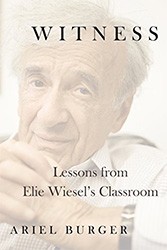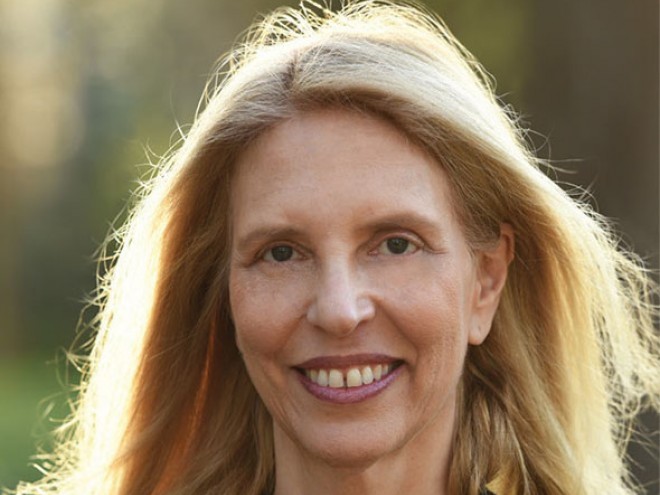
Recently I went back into news archives to see the headlines on July 2, 2016, the day Nobel Prize peace laureate Elie Wiesel died. The New York Times headline read: “Donald Trump Deletes Tweet Showing Hillary Clinton and Star of David Shape.” Brexit was already roiling Britain. Europe, the continent of Elie’s birth, and was in the throes of the refugee crisis; a few weeks later, Hungarian Prime Minister Viktor Orban would declare that the refugees were “poison.”
Although alarm bells were ringing, it was impossible to foresee that in a few short months the newly empowered far right wing in the United States would whip up nationalist sentiment and generate an icy blast of antisemitism such as this country had not seen since early in the previous century. It was less than five months before members of Richard’s Spencer’s National Policy Institute would celebrate with Nazi-style “Hail Trump” salutes at an election victory party. It was six months before neo-Nazi The Daily Stormer would begin to target and troll Jews in Whitefish, Montana. It was thirteen months before the Unite the Right rally in Charlottesville that left a woman dead. It was more than two years before the massacre of worshippers in Pittsburgh’s Tree of Life Synagogue by a self-proclaimed anti-Semite. That was six months before three Jews were injured and one killed during a Chabad service in Poway, California.
Part of me is glad that Elie didn’t have to witness these horrific events. Another part of me dearly wishes he were here, a visible presence, a respected voice to speak out against growing prejudice of all kinds — including antisemitism.
He was a man who had seen, experienced, and known evil in its rawest, ugliest form. This imbued him with a moral authority respected by people on all sides.
I believe Elie — beloved by many Jews and non-Jews, and able throughout much of his life to transcend polarization — would have been one of the few people who would have commanded the respect of President Trump and members of his administration. He could have been a guide and positive influence.
Elie had a history that all of those who read his first book, Night, could never forget. He was a man who had seen, experienced, and known evil in its rawest, ugliest form. This imbued him with a moral authority respected by people on all sides.
Elie was not an ideologue. He met and befriended Republican and Democratic American presidents, and liberal and conservative prime ministers of Israel. He was, in my experience, a cosmopolitan man who eschewed xenophobia and extreme political beliefs, and embraced civil discourse, thinking, and behavior.
He told me that he enjoyed the tumult of cultural, religious, social, and political thought, but he wanted that tumult to be civil and tasteful. A man of great curiosity, he learned from disagreement just as the great rabbis of the Talmud learned from one another.
A man of great curiosity, he learned from disagreement just as the great rabbis of the Talmud learned from one another.
We can’t be Elie Wiesel. But we can and should learn from those like him who survived the Holocaust and other genocides. We can, as he counseled, not forget, not be indifferent, and remember to care about all suffering and take action to combat it. We can listen and encourage other voices, and graciously bend over backward to be civil in our discourse. Elie knew too well what could happen when communication and civility breaks down, meaning is twisted, and evil ascends.
Nadine Epstein is an award-winning journalist and editor-in-chief of Moment Magazine. She is the founder of the Role Model Project, created in memory of Justice Ginsburg to help young people identify and select role models. Epstein lives in Washington, DC.



